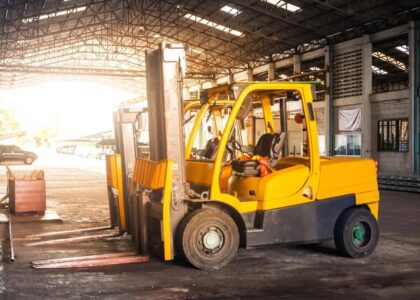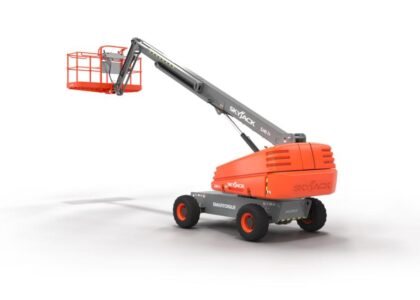Any successful workshop in NZ should offer brake tests as one of their in-house services. But in order to offer brake tests, you need to have brake testing equipment. One of the most common types of brake testing equipment is plate testers. Let’s have a look at the pros and cons of this type of brake tester and determine whether they are worth the investment.
How it Works
A plate brake testing system works by having two parallel plates installed on the floor of your workshop. These plates are mounted on top of a force transducer which measures weight, pressure and force when cars are driven onto the plates. The transducer submits the data to a screen which can be read off with ease. The measurement is calculated by the torque force of deceleration on the wheels when brakes are applied when on top of the plates.
Pros
There are many advantages to plate testers which make them a popular choice for many workshops and garages. These benefits include:
- Plate testers are able to test each individual wheel to ensure that they are all working efficiently and in unison
- Plate testers are easy to operate
- The process can be done at low speeds, not putting too much pressure or strain on the wheels
Cons
Brakes need to be applied at the exact moment that the wheels come into contact with the plates, so it can take a couple of tries to get an accurate reading. Other than that, there are not many cons to this system other than tests can’t be done remotely.
Verdict
Plate brake testers are a great option for workshop owners. Although it may take a couple of tries to get an accurate reading, this type of brake testing system is affordable, easy to use, doesn’t take up much space in your garage, and gets the job done!
[CTA] Looking to buy a plate tester in NZ? MAHA Premium workshop equipment offers a wide variety of workshop equipment, including plate testers. Get in touch with us today, and we’ll help you find the ideal brake testing system for your needs!






